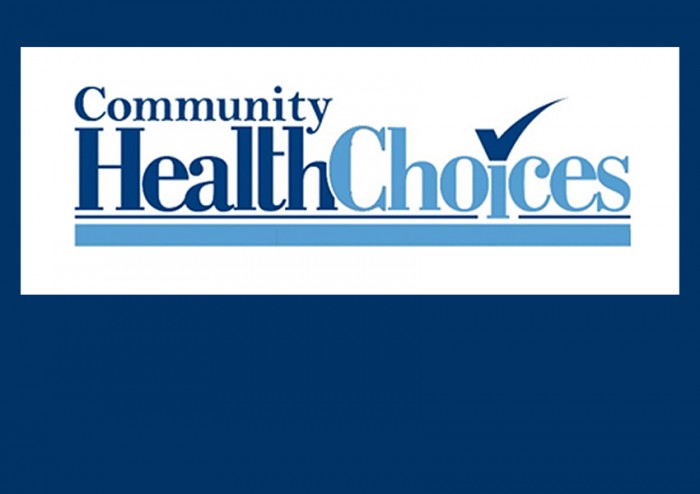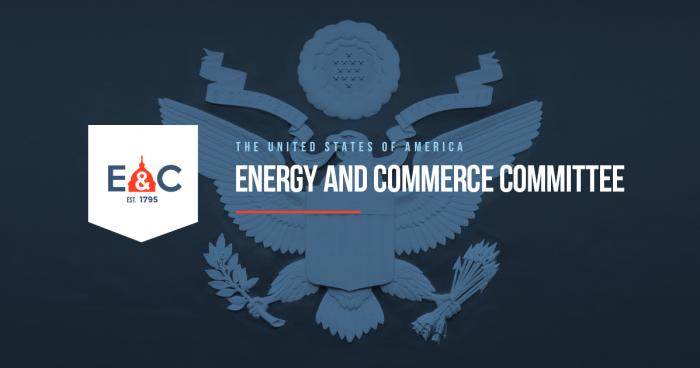The Centers for Medicare and Medicaid Services (CMS) published the fiscal year (FY) 2019 inpatient rehabilitation facility prospective payment system (IRF PPS) final rule in the August 6, 2018 Federal Register.
Removal of the FIM Instrument and Revisions to the IRF PPS Case-Mix Groups
RCPA was discouraged to see that CMS finalized its proposals to enact new case-mix groups (CMGs) based on function data from the Quality Indicators section of the inpatient rehabilitation facility patient assessment instrument (IRF PAI) and remove the Functional Independence Measures (FIM) instrument from the IRF PAI effective October 1, 2019 (FY 2020). On a positive note, CMS will now have two years of data (FY 2017–2018) in its analysis to develop the FY 2020 CMGs rather than using FY 2017 data alone as originally proposed. CMS has indicated that any changes to the revised CMG definitions will be addressed in future rulemaking prior to implementation in FY 2020. In addition, CMS states it plans to provide training and educational resources on the data items in the Quality Indicators section of the IRF PAI before the new policies take effect on October 1, 2019. The final rule does not include additional analytical reports or data beyond what was published in the proposed rule, but members are encouraged to review the technical report that was referred to in the proposed rule (Analyses to Inform the Potential Use of Standardized Patient Assessment Data Elements in the Inpatient Rehabilitation Facility Prospective Payment System by RTI International).
Changes to IRF PPS Coverage Requirements
CMS adopted all of its proposals relating to the IRF coverage requirements, including:
- Proposal to allow the Post-Admission Physician Evaluation to count towards one of the required three weekly face-to-face physician visits during the first week of a patient’s stay in an IRF.
- Remote physician attendance and allowance to lead discussion at interdisciplinary team meeting without any additional documentation requirements. CMS notes that hospitals would still be able to set their own policies about remote attendance, and that this proposal would alleviate documentation burden on physicians and allow the physicians “increased flexibility for time management.”
- Admission order documentation requirement. CMS adopted its proposal to remove the requirement under the IRF PPS regulations that there be a physician order for inpatient care in the medical record. CMS believes this requirement is duplicative of the requirements under the Medicare Conditions of Participation (CoPs) regulations as well as the requirements under the general Medicare Part A payment regulations that are applicable to IRFs. Therefore, even though this requirement is eliminated, there will still need to be an admission order when a patient is admitted to an IRF since IRFs must adhere to all CoPs.
- Input on additional changes to the physician supervision requirements. CMS requested input on two areas being considered for future changes. The first area is whether some of the three weekly required physician visits could be completed remotely. The second area CMS requested information on was the use of non-physician practitioners, such as physician assistants, to satisfy some of the coverage criteria that must currently be completed only by a physician. CMS did not provide a detailed response to comments submitted, but said it would consider these stakeholder comments for future rulemaking.
Proposed Changes to IRF QRP
CMS adopted its proposals to remove two measures from the IRF quality reporting program (QRP):
- National Healthcare Safety Network (NHSN) Facility-wide Inpatient Hospital-onset Methicillin-resistant Staphylococcus aureus (MRSA) Bacteremia Outcome Measure (NQF #1716).
- IRFs will no longer be required to submit data on this measure for the purposes of the IRF QRP beginning with October 1, 2018 admissions and discharges.
- Percent of Residents or Patients Who Were Assessed and Appropriately Given the Seasonal Influenza Vaccine (Short Stay) (NQF #0680).
- Providers will no longer be required to submit data on this measure for the purposes of the IRF QRP beginning with patients discharged on or after October 1, 2018. The IRF-PAI data items associated with reporting this measure (O0250A, O0250B, and O0250C) will be removed from the IRF-PAI version 3.0 effective October 1, 2019.
- Beginning with October 1, 2018 discharges and until IRF-PAI version 3.0 is effective, IRFs should enter a dash (–) for items O0250A, O0250B, and O0250C. CMS states that it will provide ongoing guidance to providers to clarify that use of a dash for these assessment items beginning October 1, 2018 is appropriate and will not cause a non-compliance determination.
CMS finalized its proposals to begin publicly displaying data on the following four assessment-based measures in CY 2020, or as soon thereafter as technically feasible:
- Change in Self-Care (NQF #2633);
- Change in Mobility Score (NQF #2634);
- Discharge Self-Care Score (NQF #2635); and
- Discharge Mobility Score (NQF #2636).
Changes to the IRF PPS Payment Rates for FY 2019
CMS finalized most of its payment proposals for FY 2019. However, it made small adjustments to the originally proposed outlier threshold and labor-related share due to updated data that had become available since the proposed rule.
RCPA was asked to submit a letter of support from the House Ways and Means Committee; view a copy of that letter here.
These regulations become effective on October 1, 2018. For additional information, CMS has posted a fact sheet. Contact Melissa Dehoff, RCPA Director of Rehabilitation Services, with questions.

















